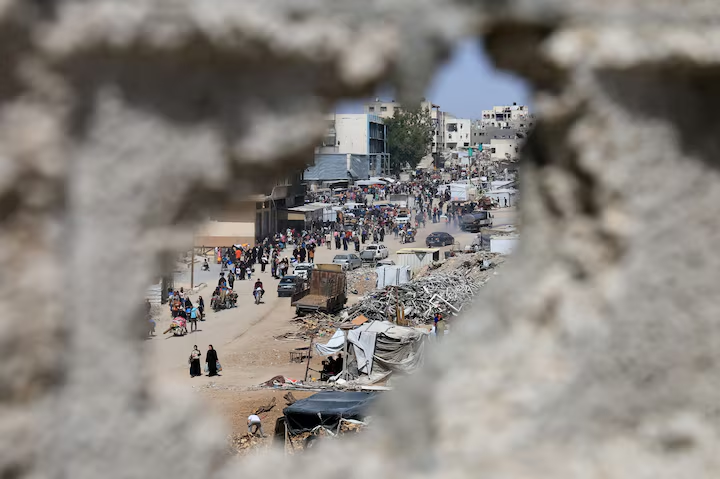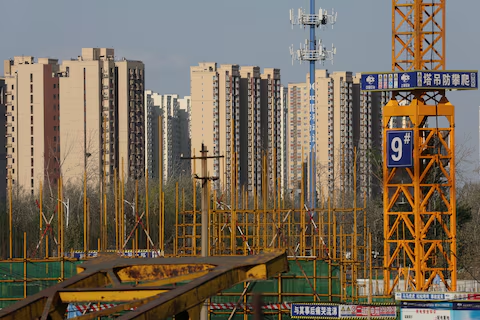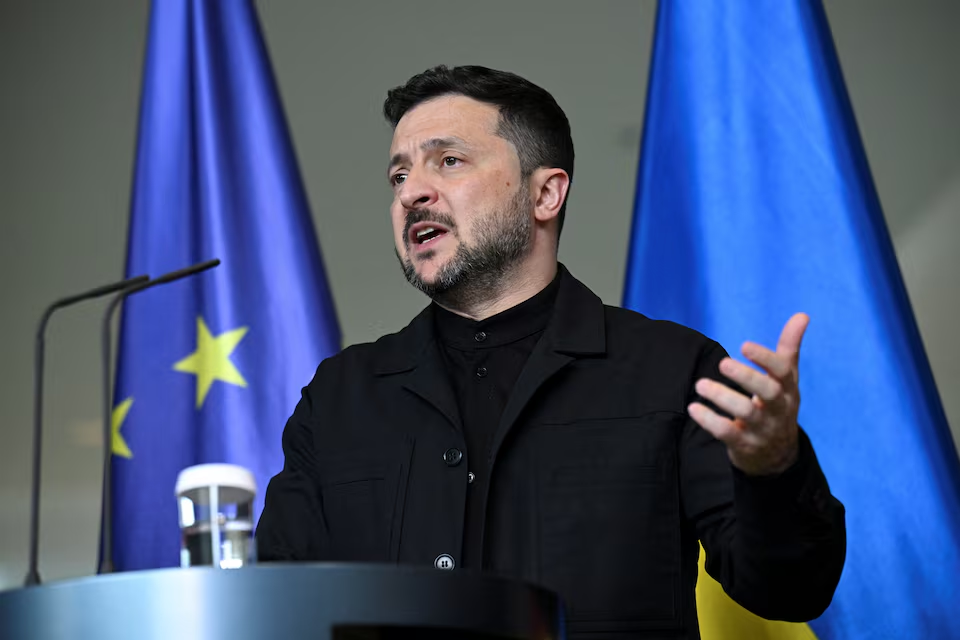In an unusually coordinated move, the United Kingdom, France, and Canada issued a sharp warning to Israel on Monday, May 19, 2025, urging the Netanyahu government to halt plans for a full-scale military offensive in Rafah, southern Gaza. The three Western allies cautioned that further escalation could lead to consequences, including a reassessment of arms sales and political support.
The joint statement came amid international outcry over Israel’s continued bombardment of Gaza, where over 53,000 Palestinians have been killed since the war began in October 2023. The planned ground assault on Rafah — one of the last relatively intact population centers in Gaza — has drawn particularly strong condemnation, with fears that such an operation could lead to mass civilian casualties in an area sheltering over a million displaced people.
“We urge Israel not to proceed with a full military offensive in Rafah, where more than a million civilians are sheltering,” the statement read. “We are gravely concerned by the implications for the civilian population.”
The statement marks a clear shift in tone from three of Israel’s traditional allies. While all three nations have supported Israel’s right to defend itself, they have increasingly voiced alarm over the scale and intensity of the military campaign, particularly as ceasefire talks remain deadlocked.
British Foreign Secretary David Lammy, French Foreign Minister Stéphane Séjourné, and Canadian Foreign Minister Mélanie Joly signed the joint communiqué. All three governments indicated that continued escalation in Rafah could trigger a review of defense cooperation and export licenses to Israel.
“We are not calling for Israel to disarm, but we cannot support actions that blatantly disregard international humanitarian law,” said Minister Lammy during a press conference in London.
The statement came just hours after Israeli Prime Minister Benjamin Netanyahu reaffirmed his commitment to a “final operation” in Rafah to destroy what he called the last major Hamas stronghold. He accused international critics of “double standards” and vowed to press ahead, stating that Hamas must be eliminated to ensure long-term peace and security.
Israel’s government has argued that Hamas uses civilians as human shields and operates out of densely populated urban areas. Defense officials claim the Rafah operation is being carefully planned to minimize civilian casualties, but rights groups and humanitarian organizations dispute these assurances.
The United Nations and numerous NGOs, including Doctors Without Borders and Amnesty International, have warned that Rafah’s hospitals, shelters, and aid corridors are already overwhelmed. Additional military action, they say, could create an unprecedented humanitarian catastrophe.
The Biden administration has so far refrained from signing onto the joint UK-France-Canada warning, though U.S. officials have expressed “deep concern” over the planned operation. President Trump, who is expected to speak with Netanyahu later this week, has signaled interest in brokering a truce, though his exact position on the Rafah offensive remains unclear.
Meanwhile, in Gaza, residents describe living in fear of the impending assault. Many families in Rafah have been displaced multiple times, and with borders sealed and infrastructure in ruins, they have nowhere left to go. Aid agencies report shortages of food, water, medical supplies, and fuel as Israel continues to restrict humanitarian access.
“If the tanks come, we die here,” said one mother sheltering with her four children in a school-turned-shelter in Rafah.
The joint warning by three of Israel’s closest Western allies represents a growing divide in the international consensus on the Gaza war. While condemnation from the Global South and Arab League nations has been consistent, this escalation in tone from NATO democracies signals that Israel’s actions may soon carry diplomatic and strategic consequences.
As the death toll climbs and the world watches anxiously, the question remains whether such warnings will alter the course of events — or be overtaken by tanks and gunfire in the war-weary streets of Rafah.
Source; Reuters



